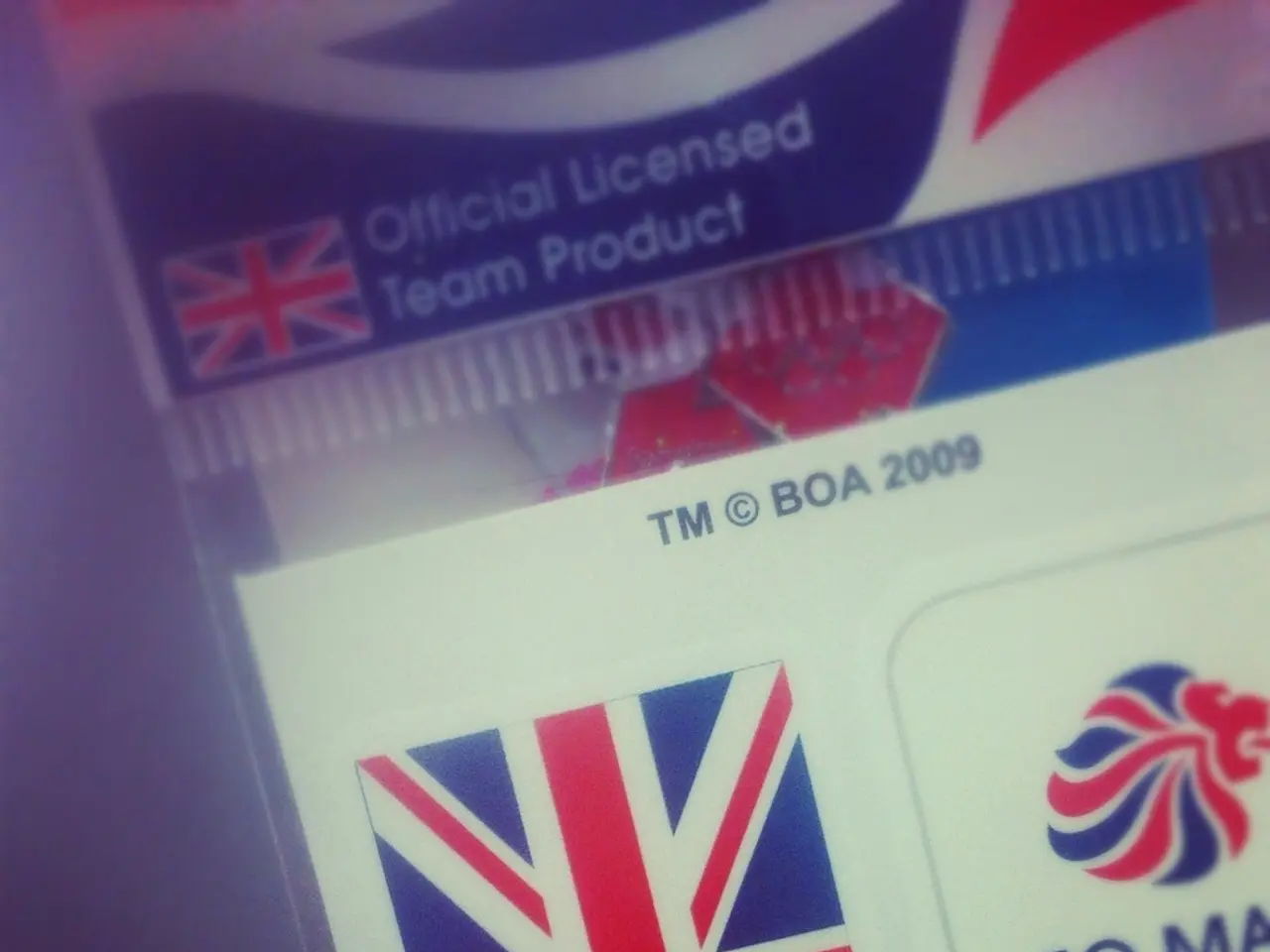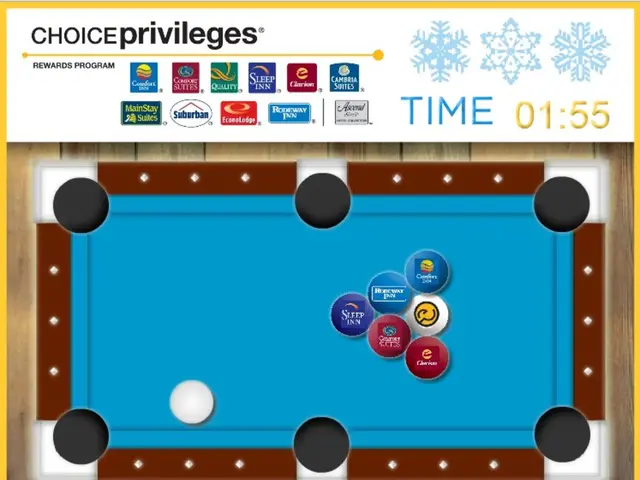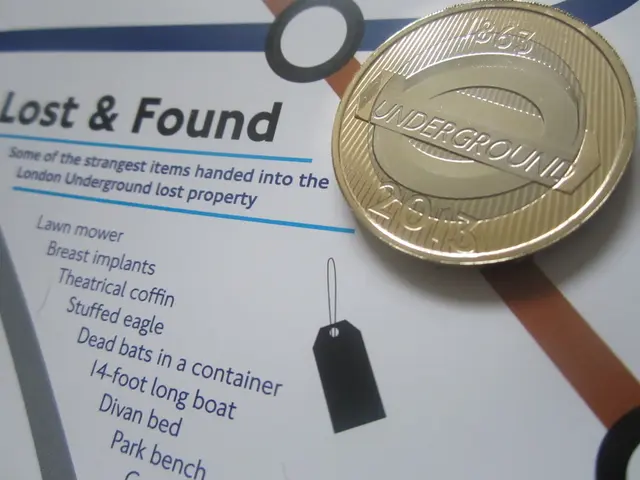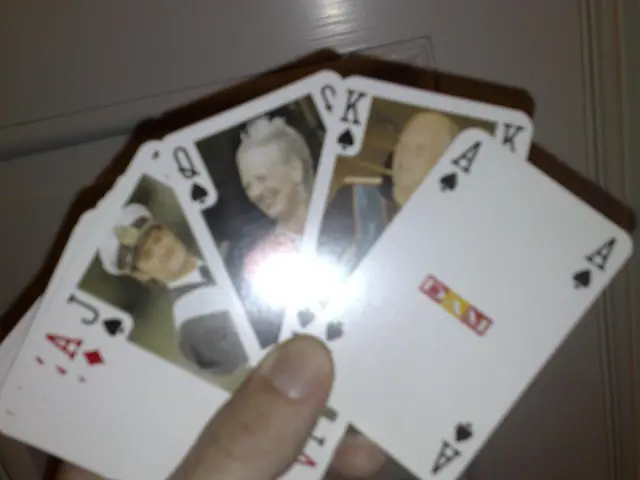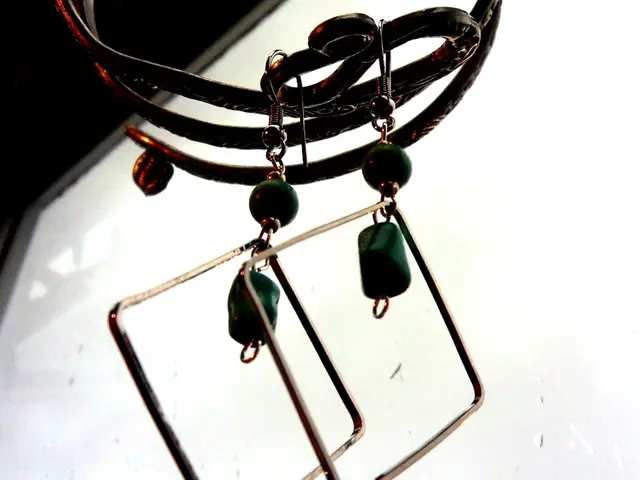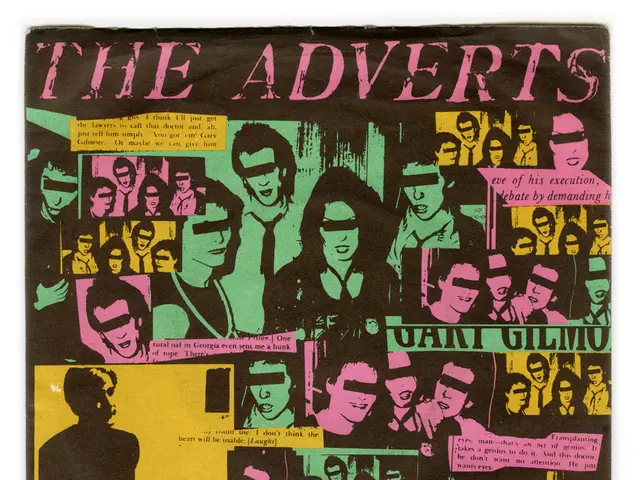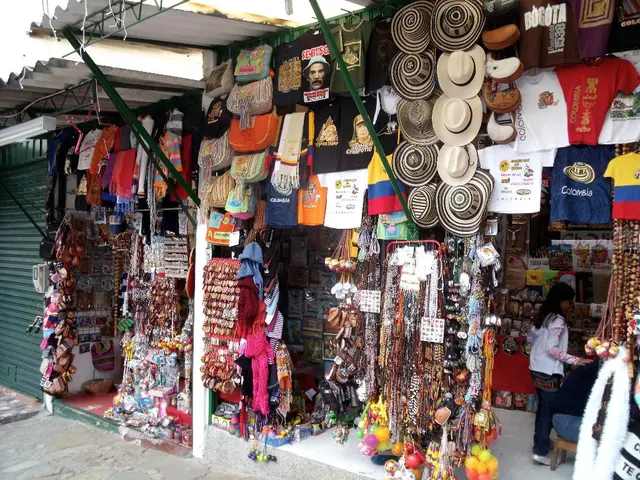Nevada authorities deny appeal by suspected blackjack skill user
In August 2024, Rahne Pistor participated in a $15,000 suited-blackjack payday promotion at the M Resort in Henderson, Nevada. Despite an unexpected turn of events, Pistor bought into a blackjack game for $1,000, presented his promotional vouchers, and hit three separate suited blackjacks, redeeming three of his vouchers.
However, things took a turn when a floor supervisor informed Pistor that he could no longer play blackjack, and he left the table. The vice president of finance at the M Resort later claimed that there was no value in the promotional vouchers as Pistor didn't make any wagers associated with the remaining seven vouchers.
The Nevada Gaming Control Board report did not specify the reason why Pistor was disqualified from the promotion. The Board's agent observed no fraudulent play by Pistor during his review of the surveillance video. The Board, however, rejected Pistor's appeal, stating that he was not entitled to the bonus payout as he was not the only player who was disqualified from the promotion.
Pistor argued that by participating in the promotion and earning "valuable bonus tickets," the M Resort entered into a contract with him. He testified at a March hearing that the M Resort stole "something of value" that he'd already earned "prior to being disinvited to play blackjack." Pistor accused the M Resort of "bait and switch" and using libelous hearsay to justify stealing his bonuses.
The M Resort's surveillance team and compliance director had previously investigated Pistor due to his play being considered "counting cards" and possible advantage play. While card counting isn't illegal in Nevada, licensees can discourage advantage play. The director of marketing stated that Pistor hadn't earned all his vouchers, requiring an additional 560 hands to hit seven more suited blackjacks. Pistor's play was deemed "inconsistent and didn't fit the norm," with examples including failure to take insurance and doubling down on certain plays.
Regarding advantage play, casinos in Las Vegas are allowed to refuse service, ban, or restrict advantage players and revoke promotions at their discretion. The promotion offered one voucher for every suited blackjack dealt, which included an entry into a raffle and eligibility for a bonus payout of 3-1 during a blackjack game. Nevada gaming law ensures fairness in game payouts and operations but does not require casinos to tolerate advantage players. Casinos remain subject to state oversight to ensure compliance with gaming laws but control access and promotions to protect their business viability.
The M Resort did not comment on the matter. Pistor was still allowed to participate in the promotional drawing despite being disqualified from blackjack, winning $500 but forfeiting it due to his absence.
This incident highlights the delicate balance between player rights, casino regulations, and the need for fair and transparent gaming practices in Nevada. The dispute between Pistor and the M Resort continues, with both parties presenting their arguments and waiting for a resolution.
In the midst of this ongoing dispute, Rahne Pistor continues to assert that the M Resort in Las Vegas, famous for its casino-games like blackjack, acted unjustly by disqualifying him from a promotional event offering $15,000 in winnings, despite his performance in the suited-blackjack game. Pistor insists that the M Resort breached their implied contract with him, denying him the promised "something of value," which he had already earned through casino-and-gambling play prior to being abruptly disqualified.
